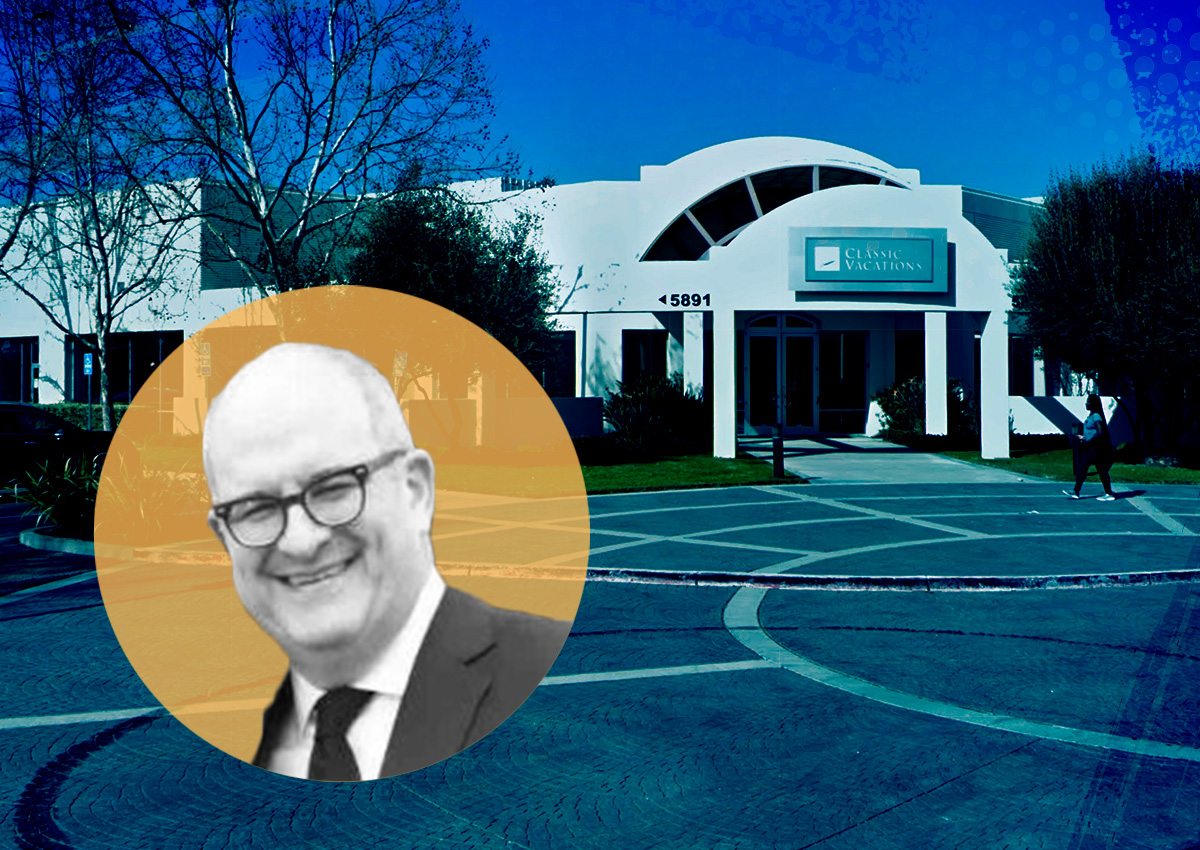The California Assembly on Thursday passed SB 4, a bill that aims to encourage affordable housing development on land owned by faith groups and colleges, representing a major step forward for one of the state’s more creative housing strategies.
“We need to build one million affordable homes in the next eight years to meet our housing goals, and hundreds of faith communities and nonprofit colleges have excess land that can and should be used for affordable housing,” Sen. Scott Wiener, one of the bill’s two sponsors, said in a statement after the Assembly vote. “Let’s get it over the finish line.”
The Assembly voted in favor of the bill 56-1, sending it back to the state senate, where another vote appears likely before the end of the legislative session next week.
The bill aims to incentivize construction by providing by-right approvals for affordable housing projects on land owned by faith groups — churches, mosques, synagogues, etc.. — and nonprofit colleges.
Exactly how many of those churches and colleges would actually be interested in building affordable housing is unclear, but a recent report by UC Berkeley’s Terner Center does offer insight, at least, into the bill’s potential — and it’s significant.
The report, called “The Housing Potential for Land Owned by Faith-Based Organizations and Colleges,” found that faith groups and colleges together own nearly 172,000 acres of developable land, or about 269 square miles, more than half the total area of the city of L.A.
To come up with its figures, the report’s authors analyzed county-level property assessor data and parsed the data for sites owned by religious and higher education institutions, only counting parcels above 10,000 square feet, or about a quarter acre, reasoning that anything smaller would be too small for the most likely type of new affordable construction.
The authors caution that their figures do not take into consideration parcels where small-scale development, such as tiny homes, might be possible, nor do they account for specific site conditions, like environmental constraints or existing structures, that would influence how feasible development might actually be on any given property.
“As such, the analysis in this paper should be interpreted as an estimate of the amount of land that would be subject to SB 4 provisions,” they write, “not how many parcels would necessarily be used for or redeveloped into affordable housing.”
The researchers found that colleges across the state own about 125,000 acres of developable land, while faith-based groups own about 47,000. They also found that the size of the organizations’ properties varies significantly by geography. In L.A. County, for example, faith groups’ median parcel size is about three-quarters of an acre, half the median size in Sacramento County.
If the bill passes, the legislation would add to a flurry of pro-housing bills California has enacted in recent years, including some landmark new laws such as SB 35, which streamlines multifamily projects in cities that are failing to meet housing planning goals, and SB 9, which mostly ended single-family zoning in the state but has yet to have a big impact.
Along with much-needed new construction, the bill could also lead to more local housing battles. In recent months, talk of a potential apartment development on a church property in Hermosa Beach prompted a community outcry, leading the church to issue a statement clarifying that it was not selling property to a developer and did not yet have any firm building plans.
“We as a church are eager to continue exploring how we may be able to use these properties to, among other things, meet the identified need of housing in our community,” the church’s senior warden wrote.
Read more



